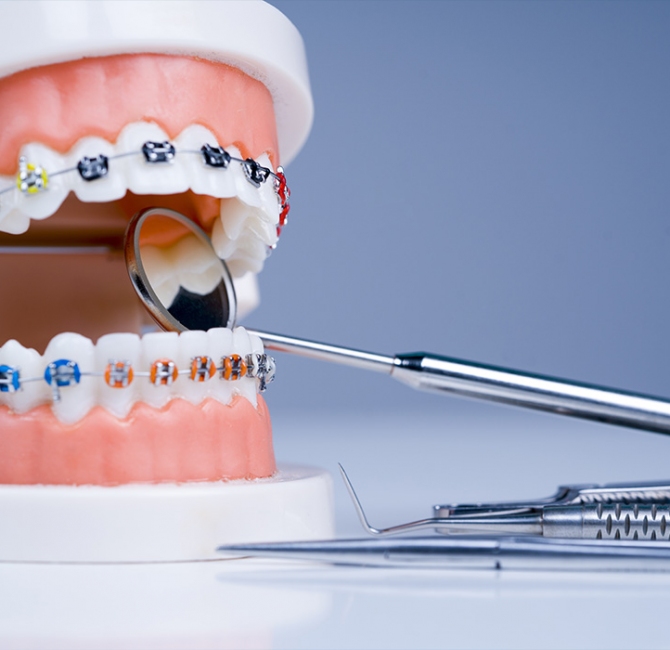Key messages:
- Asthma is a serious chronic condition.
- Stress associated with attending an oral health appointment can trigger asthma.
- Clients with asthma should be closely monitored during appointments, as severe asthma attacks can be life-threatening.
Introduction
Asthma, a common chronic condition, can be triggered or exacerbated by stress, such as attending an oral healthcare appointment. Oral health practitioners must be aware of the signs of an asthma attack to manage it effectively.
Asthma attacks
During an asthma attack:
- Airways spasm causing tightness of the chest.
- Airway linings become inflamed, and increased mucous production further obstructs the airways, leading to severe breathing difficulties.
Common triggers
Various triggers can lead to an asthma attack. Individuals with asthma often know their specific triggers. However, they may not always be able to avoid them. Common triggers include allergens, pollutants, tobacco smoke, respiratory infections, strong odours, cold air and temperature change, exercise, stress, gastric reflux, and certain medications.
Symptoms
Symptoms of an asthma attack include:
- Persistent cough at rest
- Wheezing sound from the chest at rest
- Difficulty breathing
- Nasal flaring
- Inability to talk or complete sentences
- Adults may report a tight chest, while children may report a tummy ache.
This article provides an overview of asthma, including:
- Types of asthma treatments (e.g., bronchodilators, steroids)
- How to manage an asthma attack in oral healthcare and when to activate emergency medical services.
Click here to read the article.



